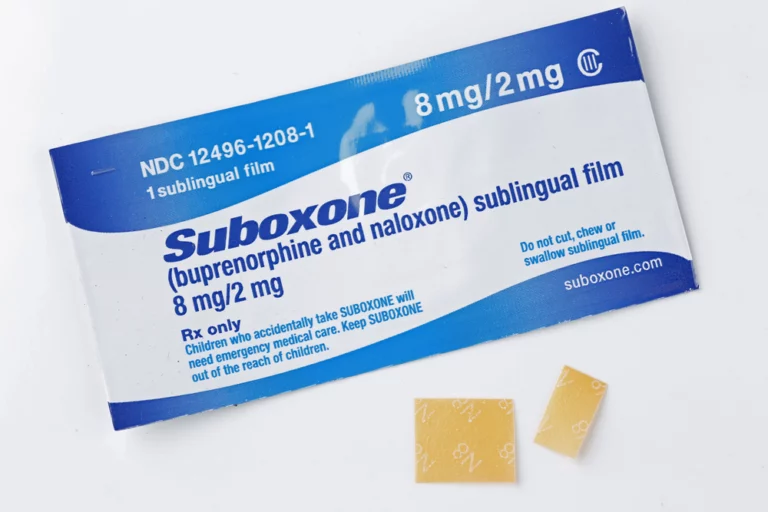Detoxification, or detox, is the critical first step in the journey to addiction recovery. Whether you’re battling drug addiction or alcohol addiction, a safe and effective detox program lays the groundwork for a successful recovery. Detoxification is not just about removing toxins; it’s about preparing the mind and body for the challenging yet rewarding path ahead. This blog delves into the significance of a safe detox, various detox programs, and how detox intertwines with other aspects of addiction treatment and recovery.
Understanding Safe Detox and Its Importance
Detoxification involves eliminating harmful substances from the body, typically through a medically supervised program. The primary goal of detox is to manage withdrawal symptoms safely and comfortably. Addiction recovery often starts with this process because it addresses the physical dependence on drugs or alcohol. Detox programs can vary, including inpatient and outpatient treatment, but all aim to provide a safe environment for individuals to begin their journey to sobriety. Detox is the foundation upon which other addiction treatment options, such as rehab centers and addiction therapy techniques, are built.

Types of Detox Programs
Detox programs are designed to meet the unique needs of individuals struggling with addiction. Inpatient treatment provides a structured environment with 24/7 medical supervision, which is crucial for severe addiction cases. On the other hand, outpatient treatment offers flexibility, allowing individuals to receive care while maintaining their daily responsibilities. Regardless of the type, a safe detox program is essential in managing withdrawal symptoms and reducing the risk of relapse. It’s important to choose a detox program that aligns with your specific needs and ensures a smooth transition into further addiction treatment.
The Role of Medical Detox
Medical detox is often necessary for individuals with severe addiction to substances like alcohol or opioids. This approach involves the use of medications to manage withdrawal symptoms and reduce cravings. Medication-Assisted Treatment (MAT) is a common strategy used in medical detox to help individuals safely navigate the detoxification process. MAT combines medications with behavioral therapy, providing a comprehensive approach to addiction treatment. The effectiveness of medical detox lies in its ability to address both the physical and psychological aspects of addiction, preventing life-threatening complications, and setting the stage for long-term recovery. Engaging in a structured treatment program during medical detox can offer numerous health benefits, ultimately improving the individual’s overall well-being.
Detox and Dual Diagnosis
Many individuals struggling with addiction also suffer from co-occurring mental health disorders, a condition known as dual diagnosis. In such cases, detox becomes even more critical, as it helps stabilize both the physical and mental health of the individual. A safe detox program should include comprehensive assessments to identify and address any underlying mental health issues. Integrating addiction counseling and behavioral therapy during detox can significantly improve treatment outcomes for individuals with dual diagnosis. This holistic approach ensures that both addiction and mental health disorders are treated simultaneously.

Detox for Different Substances
Detoxification requirements can vary significantly depending on the substance of abuse. For instance, detox from alcohol involves managing symptoms such as anxiety, tremors, and seizures, while opioid detox may require medications like methadone or buprenorphine to ease withdrawal symptoms. Each substance presents unique challenges, making it essential to tailor the detox approach to the specific needs of the individual. Our various Addiction treatment centers equipped to handle various substance detoxifications can provide specialized care, ensuring a safe and effective detox process.
The Emotional Journey of Detox
Detox is not just a physical process; it’s an emotional journey as well. Individuals often experience a range of emotions during detox, including fear, anxiety, and hope. The support of family therapy and peer support groups can be invaluable during this time. Family therapy helps rebuild trust and communication, while peer support groups provide a sense of community and understanding. These support systems play a crucial role in helping individuals navigate the emotional challenges of detox, manage health problems, and stay committed to their recovery goals, ultimately enhancing their overall well-being. Addressing a substance use disorder involves not only overcoming physical dependence but also tackling the emotional and psychological aspects to achieve holistic healing.
Post-Detox: Continuing the Recovery Journey
Completing detox is a significant milestone, but it’s just the beginning of the recovery journey. After detox, individuals typically transition into rehab centers or ongoing outpatient treatment to address the underlying causes of addiction. Addiction therapy techniques such as Cognitive Behavioral Therapy (CBT) and support groups like Alcoholics Anonymous or Narcotics Anonymous are integral parts of the recovery process. These programs provide the tools and support needed to maintain sobriety and prevent relapse. Long-term recovery requires a commitment to ongoing treatment and a willingness to embrace a sober lifestyle.
Connect With Us Now
Reach out to us now for immediate support, or let us know the best time to contact you through our confidential callback service. Your journey to healing is just a conversation away.
Asheville Detox Center: A Safe and Effective Detox Option
One of the best options for a safe detox is the Asheville Detox Center. Located in the serene environment of Western North Carolina, Asheville Detox Center offers a comprehensive medical detox program for drug and alcohol addiction. The center provides a 16-bed facility where clients receive 24/7 clinical supervision, ensuring their safety and comfort throughout the detox process. The staff at Asheville Detox Center includes experienced clinicians trained in detox, Medication-Assisted Treatment (MAT), and IV therapy, which helps in managing withdrawal symptoms and promoting overall health during detox. Asheville Detox Center also emphasizes personalized care, with detox specialists conducting thorough assessments to tailor treatment plans to each client’s needs. This includes evaluating past substance use, co-occurring conditions, and overall health to ensure a comprehensive approach to detoxification. Additionally, the center offers holistic therapies such as NAD+ IV therapy to support the body’s natural healing processes, making the detox experience more comfortable and effective.
After completing detox, clients at Asheville Detox Center receive support for aftercare planning, ensuring they have a clear path for continued recovery. The center’s affiliation with various addiction treatment facilities allows for seamless transitions to further treatment options, whether it be residential programs or outpatient care. This continuum of care is vital for maintaining long-term sobriety and addressing both the physical and psychological aspects of addiction.
Conclusion
The importance of a safe detox cannot be overstated. Whether you opt for medical detox, the goal is to ensure a safe and effective transition from addiction to recovery. Detox is the first step in a comprehensive addiction treatment plan that includes therapy, support groups, and ongoing care. By understanding the significance of a safe detox, you can set the stage for a successful recovery journey.






